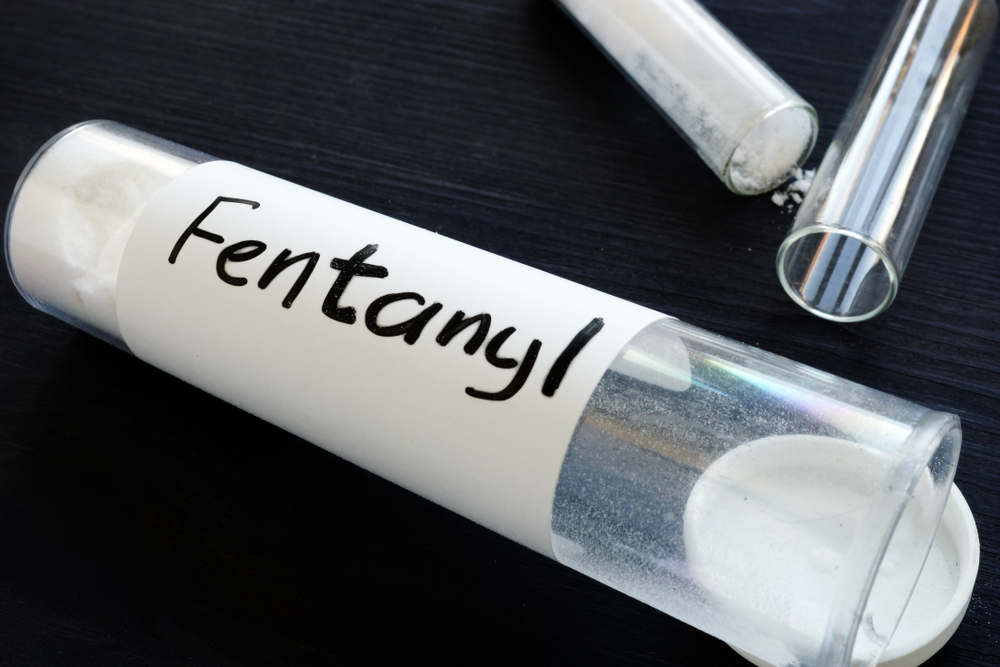
A bill was introduced in the U.S. Senate that would equip state and local law enforcement with high-tech devices to detect dangerous drugs like fentanyl.
The legislation – called the Providing Officers with Electronic Resources (POWER) Act — would create a new grant program through the U.S. Department of Justice (DOJ) to help law enforcement secure these portable drug screening devices.
“Colorado’s first responders are key to combating the opioid epidemic and need the best possible tools to identify dangerous illegal synthetic drugs like fentanyl,” one of the bill’s sponsors, Sen. Cory Gardner (R-CO), said. “Bipartisan legislation like the POWER Act will help our local law enforcement detect these potent drugs that have infiltrated communities across our country. I will continue working across the aisle to deliver solutions and fight back against this crisis that has claimed the lives of too many Americans.”
Federal law enforcement officials already use these devices to identify dangerous drugs at U.S. ports of entry. These devices use laser technology to identify potentially harmful substances. They would also help address the backlog of drugs awaiting laboratory identification.
“As fentanyl and other synthetic opioids pour into our communities, we have a responsibility to equip our police officers with everything they require to better identify these dangerous substances and keep people safe. The POWER Act will help extend the benefit of modern, portable screening devices to our police departments on the front lines of the opioid epidemic in Colorado and across the country,” Sen. Michael Bennet (D-CO), one of the bill’s sponsors, said.
Without these devices, drugs have to be sent to labs for testing, which can, in some cases, take months. Instant results allow officers to quickly identify the substances and alert local health departments and others when fentanyl is found in a community.
The POWER Act is supported by the National Sheriffs’ Association, Fraternal Order of Police, Ohio Fraternal Order of Police, Major Cities Chiefs Association, Federal Law Enforcement Officers Association, Buckeye State Sheriffs’ Association, National Association of Police Organizations, National HIDTA Directors Association, Sergeants Benevolent Association, International Union of Police Associations, National Narcotics Officers’ Associations’ Coalition, National Alliance of State Drug Enforcement Agencies, and National Tactical Officers Association.




